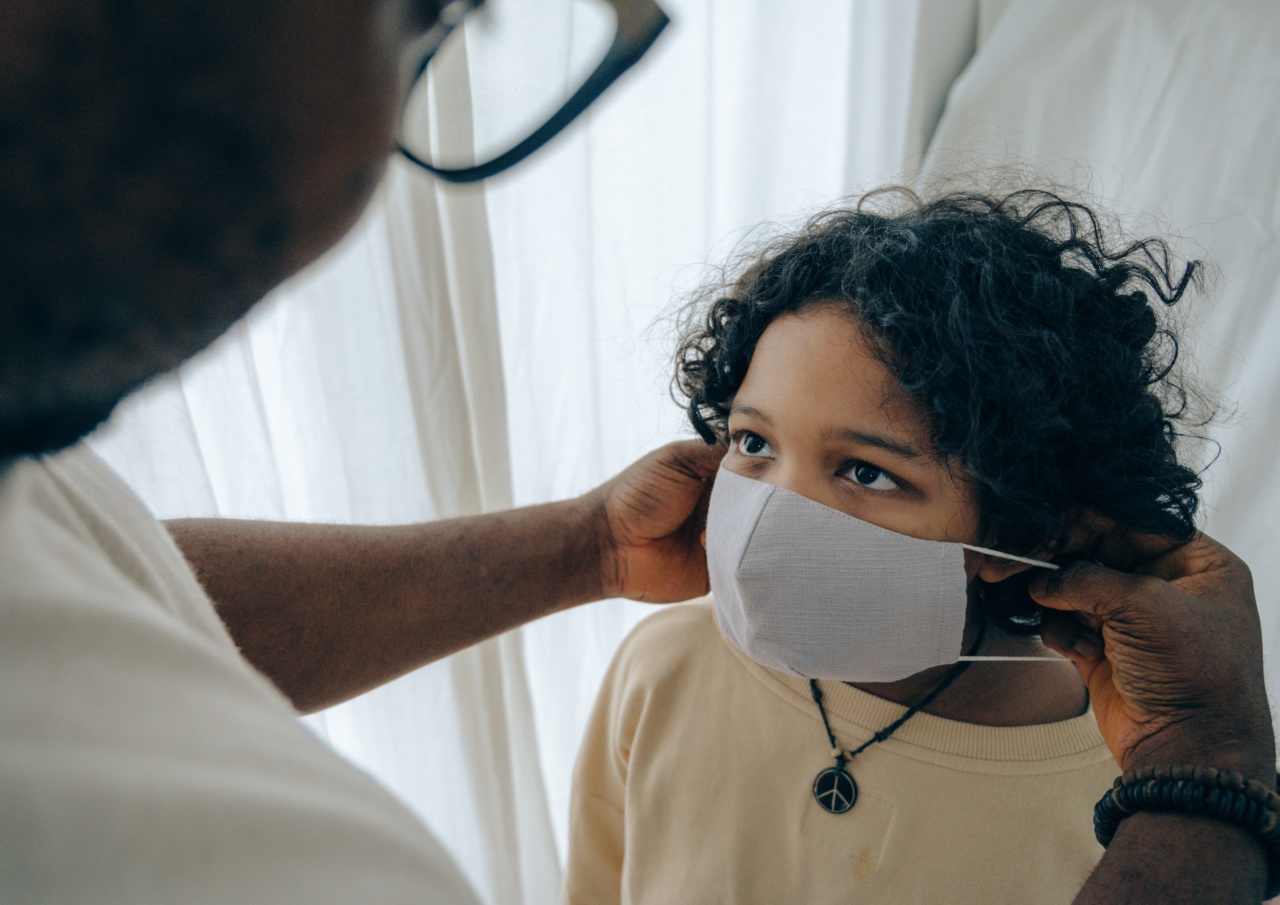Asthma is a chronic respiratory disease that affects millions of people worldwide. While it affects people of all ages, children are particularly susceptible.
Asthma exacerbations, also known as asthma attacks, occur when the airways become inflamed and constricted, leading to difficulty breathing. Exacerbations can be triggered by a variety of factors, including allergens, exercise, and respiratory infections. In this article, we will discuss how to prevent asthma exacerbations in children.
Identifying Triggers
The first step in preventing asthma exacerbations is identifying the triggers that can cause them. These can include allergens such as pollen, pet dander, and dust mites, as well as irritants such as smoke and air pollution.
Parents can work with their child’s doctor to perform allergy tests to determine whether their child is allergic to specific allergens. Once identified, efforts can be made to minimize exposure to these triggers.
For example, if a child is allergic to pollen, avoiding outdoor activities during peak pollen season and keeping windows closed can help reduce exposure.
Using Medications
For children with persistent asthma, medications may be necessary to prevent exacerbations. These may include inhaled corticosteroids, which reduce inflammation in the airways, and bronchodilators, which open up the airways to help with breathing.
It’s important to work with a doctor to develop a medication plan that is appropriate for your child’s specific needs.
Medications should be taken as directed, even if your child is feeling well, in order to prevent exacerbations from occurring.
Maintaining Good Indoor Air Quality
Poor indoor air quality can be a trigger for asthma exacerbations. To help maintain good indoor air quality, take the following steps:.
- Use a HEPA air filter to remove allergens and pollutants from the air
- Keep the home clean and free of dust and mold
- Avoid using strong chemical cleaning products or air fresheners
- Ensure that the home is properly ventilated to reduce the concentration of indoor pollutants
Encouraging Physical Activity
Regular physical activity is important for children with asthma, as it can help improve lung function and reduce the risk of exacerbations. However, some physical activities may be more likely to trigger asthma symptoms than others.
Parents should work with their child’s doctor to identify physical activities that are safe and appropriate. In addition, it’s important to have a quick-relief inhaler on hand during physical activity in case of an asthma exacerbation.
Reducing Stress
Stress can exacerbate asthma symptoms, so it’s important to take steps to reduce stress in children’s lives. This can include:.
- Encouraging regular sleep patterns
- Minimizing overscheduling
- Incorporating relaxation techniques such as deep breathing or meditation into daily life
- Working with a therapist or counselor to address any underlying emotional issues
Managing Respiratory Infections
Respiratory infections, such as colds and the flu, can trigger asthma exacerbations. While it’s impossible to completely avoid these infections, there are steps parents can take to reduce their child’s risk:.
- Ensure that your child receives the flu vaccine each year
- Teach your child good hand hygiene, such as washing hands frequently and avoiding touching the face with unwashed hands
- Avoid close contact with people who are sick
Communicating with Caregivers
Finally, it’s important for parents to communicate with anyone who is responsible for their child’s care, such as teachers, babysitters, or coaches.
Make sure they are aware of your child’s asthma and what to do in case of an exacerbation. Provide them with a written action plan that outlines your child’s medications and what steps to take if symptoms occur.
By taking the steps outlined above, parents can help prevent asthma exacerbations in children and improve their overall quality of life.































